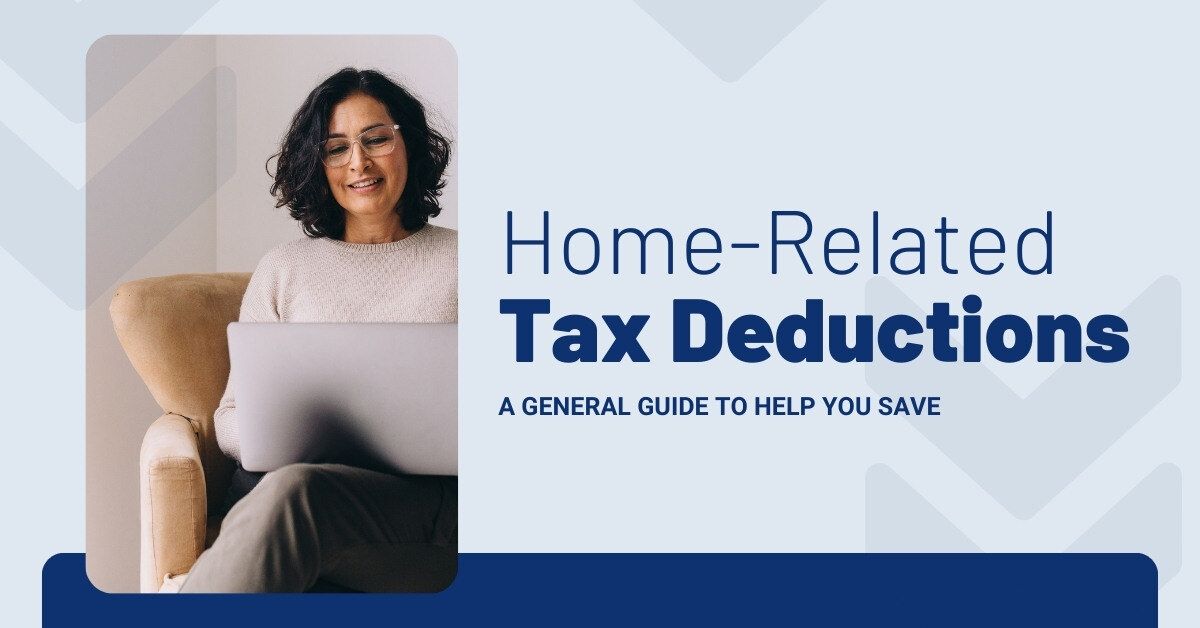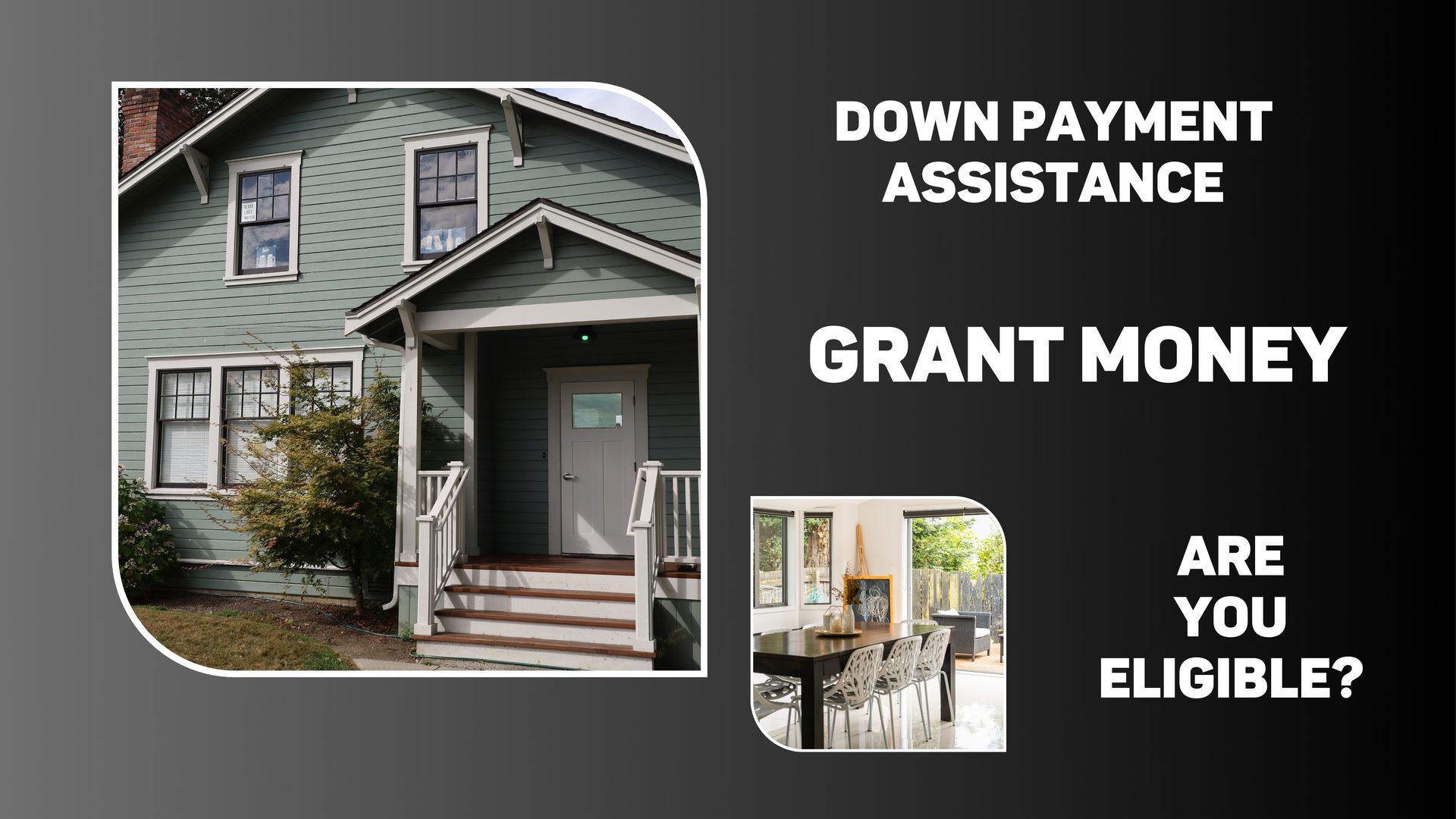
Income Properties Are Trending, But Is Landlord Life for You?

Income Properties Are Trending, But Is Landlord Life for You?
If the thought of investing your money into brick and mortar—or perhaps some stylishly-painted siding—excites you, join the club.
Investing in real estate has long been one of Americans' favorite ways to grow their wealth. In fact, over 70% of single-family rental properties are currently owned by individual investors rather than corporations, according to Census data.1
Moreover, a decade's worth of Bankrate surveys has found that Americans often prefer real estate for long-term wealth building over other investments. According to Bankrate's latest survey, for example, Americans have historically embraced real estate, in part, because of the strong return on investment it can offer—especially to investors willing to stick with a property over time.2 It’s also a popular way to hedge against inflation since both rental income and property values tend to rise in tandem with overall prices.3
Now, as higher interest rates continue to push priced-out homebuyers to the sidelines, a new crop of “mom and pop” investors are eyeing the mushrooming rental market as a potential goldmine.4 Interest in buying a home to both live in and rent is also on the rise, especially amongst cash-strapped buyers looking to supplement their mortgage payments.5
But how do you know if you’re well-suited to take advantage of these real estate investment opportunities? Here are three signs that owning a rental property could be right for you.
YOU'RE A HOMEBUYER WHO WANTS HELP COVERING THE MORTGAGE
If you're looking for a creative way to buy a home without overspending, “house hacking” could be the answer. Increasingly popular with first-time homebuyers and budget-conscious investors, house hacking simply means buying a home that you intend to live in while renting out a portion of it to one or more tenants.5
House hacking also tends to be easier to break into than traditional real estate investing since you don't need as high a credit score or as large a down payment to qualify for a mortgage. In fact, some government-backed mortgage programs will let you buy a primary residence with little to no money down.6 Buying a home you don't plan to live in, by contrast, may require you to put down as much as 15% to 25% to qualify for a loan.7
If you house hack, the money you collect for rent each month can help cover your mortgage and other homeownership expenses. Depending on your setup, you may also be able to save on utility bills by splitting them with your tenant or tacking a portion onto their monthly rent. Another major advantage of house hacking is that it entitles you to certain tax benefits and deductions available only to landlords.8
When it's time to start your search, we can help you find a property that's ideal for house hacking, such as a house with a walkout basement, a multifamily unit, or a home with enough outdoor space to build an accessory dwelling unit or garage apartment.
YOU'RE AN INVESTOR LOOKING FOR STEADY AND RELIABLE INCOME
If you’re not crazy about the idea of a live-in tenant but still desire an additional stream of income, a dedicated long-term rental property could be a better option for you. Besides the monthly proceeds, purchasing a rental home can also add diversity and long-term stability to your investment portfolio and help you build wealth over time.9
According to data from the Federal Reserve, real estate owners have historically prospered. In early 2020, for example, the median home was worth almost triple what it was 30 years prior. Then, during the pandemic-era real estate boom, average home prices grew at an especially frenzied clip, climbing by nearly 50%, on average, in just two and a half years.10
However, the rate of appreciation can be hard to predict, so it’s prudent to invest in a property that also offers positive cash flow, which means the rent you take in exceeds your expenses. This strategy helps to ensure that you’ll put money in your pocket each month, even if the property’s value takes time to grow.
While today’s higher mortgage rates can make it more challenging for landlords to turn a profit, investment opportunities aren’t reserved for cash buyers. In fact, currently, almost 60% of real estate investors take out a loan to finance their purchase, according to Thomas Malone, an economist at the real estate data firm CoreLogic.4 He also notes that more small investors are stepping in to meet demand for rental housing, which has grown since many would-be buyers remain priced out of the purchase market.4
If you want to explore opportunities for a residential rental property that's good for your wallet and attractive to renters, we can help. Reach out with questions or to schedule a free consultation.
YOU'RE AN EXPERIENCED INVESTOR LOOKING TO MAXIMIZE YOUR POTENTIAL RETURNS
Another increasingly popular way to draw income from an investment property is to convert it to a short-term vacation rental. But beware: This strategy can be riskier as some municipalities have tightened rental restrictions and others are suffering from market oversaturation.11,12
With that said, if you're an experienced investor who can afford to take on some uncertainty, then investing in a short-term rental could make sense for you.
If you find the right property, for example, you could earn significantly more renting it short-term on a platform like Airbnb than if you rented the home to a long-term tenant.11
The key is to keep it occupied as much as possible at a premium nightly rate. To do that, you’ll need some marketing savvy, hospitality skills, and business acumen. Of course, you can always hire a professional property manager, but you’ll need to factor the cost into your budget.
The vacation rental market enjoyed a boom during the pandemic, and some inexperienced investors are finding they bit off more than they can chew. As a result, there's an opportunity to snap up some of these properties, but you'll need some cash on hand and a willingness to learn the business.12
We can help you scout opportunities in our local market or, if you’re interested in investing in another area, we can refer you to an agent there for assistance.
BOTTOMLINE
Investing in real estate can be a great way to build your wealth long-term and earn some extra income. But to make the most of your investment, it pays to be strategic.
Call us for a consultation so we can discuss your goals and budget. We'll help you discover neighborhoods with the best income potential, point out the homes most suited to renting, and help you brainstorm the best investment strategy for you.
Before you take the plunge, make sure you can answer “YES”
to these three questions:
Are you ready to be a landlord?
Owning a rental property can take a lot of time and energy. You're not just buying passive income, you're also building sweat equity since the time you spend maintaining, marketing, and managing your rental can add up quickly. So be prepared to do some soul-searching to ensure you’ll not only flourish as a landlord, but actually enjoy it.
If you want to invest in real estate but aren’t prepared to put in the day-to-day effort required, we can refer you to a property management service for help.
Can you afford to invest in real estate?
The last thing you want is to get over-extended with your new real estate venture. Besides the cost of purchasing the property, you’ll need to consider additional expenses, like property taxes, insurance, administrative costs, and maintenance and repairs. You will also need a cash reserve for unexpected issues or potential vacancies.
We can help you run the numbers to determine whether you can charge enough rent to offset your expenditures.
Have you found the right income property?
Even if you’ve got your finances in order and are emotionally ready to invest, your success as a landlord will also depend on the property you buy. The criteria for a good rental home and a good family home are often different, so it’s important to lean on professionals for advice.
We can help you find an ideal rental property, taking into account your budget, risk appetite, and investment goals. If you decide to invest in a different area, we'll connect you with an agent who's more plugged into that community. Reach out today to schedule a free consultation.
The above references an opinion and is for informational purposes only. It is not intended to be financial, legal, or tax advice. Consult the appropriate professionals for advice regarding your individual needs.
Sources:
PR Newswire -
Bankrate -
https://www.bankrate.com/investing/survey-favorite-long-term-investment-2022/
Forbes -
MarketWatch -
Realtor.com -
https://www.realtor.com/advice/buy/on-the-house-house-hacking-your-way-into-your-first-home/
NerdWallet -
https://www.nerdwallet.com/article/mortgages/government-home-loans
LendingTree -
https://www.lendingtree.com/home/mortgage/down-payment-for-rental-property/
Quicken Loans -
https://www.quickenloans.com/learn/house-hacking
Investors Business Daily -
https://www.investors.com/etfs-and-funds/personal-finance/rental-properties-investing-experts/
St. Louis Fed FRED Economic Data -
https://fred.stlouisfed.org/series/MSPUS
Story by J.P. Morgan -
Skift -




